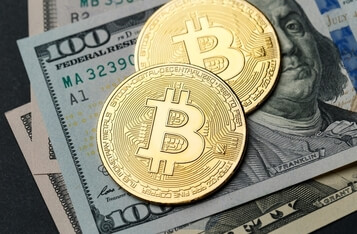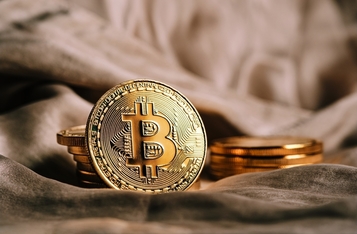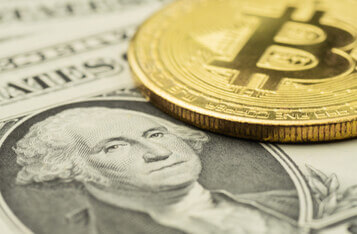FEDERAL RESERVE
The Federal Reserve System is the central bank of the United States. "The Federal Reserve System was created on December 23, 1913, when President Woodrow Wilson signed the Federal Reserve Act into law." Federal Reserve has control over monetary policy exclusively for the benefit of the United States. Typical monetary functions are money issuance, money price, interest rate, and more. Since the US Dollar has served as the de facto world currency. Federal Reserve has inevitable influences on the stability of the monetary and financial system and monetary policies of other countries.
Sei Labs Research Argues Stablecoins Turn Fed Into Global Retail Bank
New Sei Labs paper models how dollar-pegged stablecoins export U.S. monetary policy worldwide, creating an 'impossible quartet' for central banks.
Crypto Market Faces Volatility Amid Central Bank Policy Shifts
The crypto market experiences volatility due to Federal Reserve rate cuts and Bank of Japan's anticipated rate hikes, impacting global liquidity and risk asset pricing.
XMPT Set to Benefit as Federal Reserve Considers Rate Cuts
As the Federal Reserve shifts towards rate cuts, XMPT may see enhanced income and total return potential, according to VanEck.
OKX Adjusts USDG Reward APR Following Federal Reserve Rate Changes
OKX announces a reduction in the USDG Reward APR from 4.1% to 3.85%, effective November 5, 2025, aligning with recent Federal Reserve interest rate cuts.
Is the AI Investment Bubble Finally Bursting? What 2025 Means for Tech Stocks and Your Portfolio
The stock market slump raises concerns over an AI investment bubble. Investors should diversify and focus on robust companies to navigate the correction.
Fed Rate Cut Sparks Debate on Market Reversal, Impact on Solana (SOL) and XRP
Analysts suggest that the recent Fed rate cut might signal a market reversal rather than an altcoin season, affecting Solana (SOL) and XRP prices.
Bitcoin (BTC) Holds Steady Amid Federal Reserve Rate Cut and German Policy Shifts
Bitcoin stabilizes at $108,850 after the Fed rate cut to 4.00%, while Germany's AfD party seeks to classify BTC as a national asset, signaling growing political acceptance.
XRP Price Dynamics Amid Fed's Interest Rate Cut
XRP trades near $2.63 following the Federal Reserve's 25 basis point rate cut, as markets evaluate the potential implications for cryptocurrency inflows.
Bitcoin (BTC) Faces Pressure as S&P 500 Reaches New Heights Ahead of Fed Decision
Bitcoin struggles around $113,000 as the S&P 500 hits record highs. Market anticipates Federal Reserve's interest rate decision, impacting both crypto and traditional markets.
FOMC Meeting to Influence Crypto Markets Amid Interest Rate Speculations
The upcoming FOMC meeting on October 28-29, 2025, is expected to impact crypto markets as investors anticipate potential interest rate cuts.







